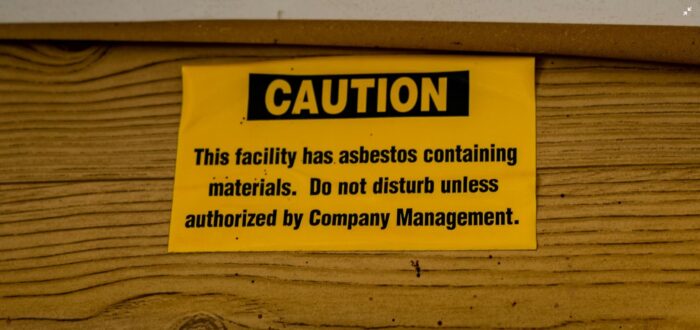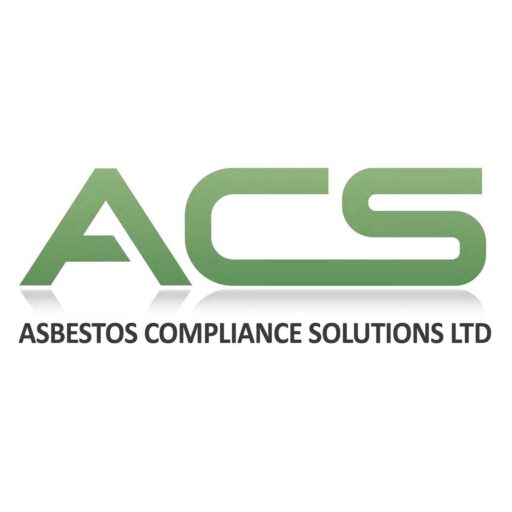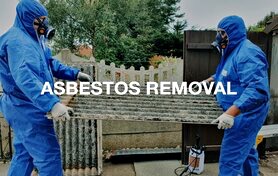The Importance of Proper Asbestos Surveys and Management Services for Businesses
Asbestos, once lauded for its fire-resistant properties, is now a word that sends shivers down the spine of many business owners. The legacy of asbestos use in buildings, particularly those constructed before the 1980s, continues to pose significant risks today. As highlighted by recent reports, the failure to manage asbestos properly can lead to dire consequences, both legally and for the health and safety of employees and the public. This underscores the critical importance of businesses conducting thorough asbestos surveys and implementing robust management services.

Understanding the Risks of Asbestos
Asbestos, a group of naturally occurring fibrous minerals, was widely used in construction for its strength and heat resistance. However, when asbestos-containing materials (ACMs) are disturbed, they release tiny fibres into the air that can be inhaled, leading to serious health issues such as asbestosis, lung cancer, and mesothelioma. These diseases often develop decades after exposure, making asbestos a silent, long-term hazard.
The legal and health implications of asbestos exposure are severe. Businesses have a legal duty to ensure that any asbestos present in their buildings is properly managed. Failure to do so can result in hefty fines, legal action, and irreparable damage to a company’s reputation. More importantly, the health and well-being of employees and visitors are at stake.
The Necessity of Asbestos Surveys
An asbestos survey is the first step in managing asbestos risk. This survey involves identifying the presence, location, and condition of ACMs within a building. Depending on the purpose, there are different types of asbestos surveys:
- Management Survey: This is a standard survey that involves a non-intrusive inspection to locate ACMs that could be disturbed during normal building use and maintenance. It is essential for ongoing management of asbestos in a building.
- Refurbishment and Demolition Survey: A more intrusive survey, this is required when a building is undergoing significant refurbishment or demolition. It ensures that all ACMs are identified and safely removed before any work begins.
Conducting these surveys allows businesses to know exactly where asbestos is located, understand its condition, and take appropriate action. Without these surveys, companies are essentially blind to the risks, potentially exposing their workforce and visitors to dangerous asbestos fibres.
Effective Asbestos Management
After identifying ACMs through a survey, the next crucial step is management. Asbestos management involves several key actions:
- Risk Assessment: Assessing the condition of ACMs to determine the level of risk they pose. If the materials are in good condition and unlikely to be disturbed, they may be left in place and monitored regularly.
- Management Plan: Developing a detailed plan that outlines how the asbestos will be managed, who is responsible for managing it, and how often it will be inspected.
- Training and Awareness: Ensuring that all employees, especially those involved in maintenance and construction, are aware of the presence of asbestos and know how to avoid disturbing it.
- Regular Monitoring: Even if ACMs are not removed, they must be regularly inspected to ensure they remain in good condition and do not pose a health risk.
For businesses, effective asbestos management is not just about compliance with the law—it’s about protecting people. Ignoring asbestos can lead to catastrophic outcomes, as the fibres are invisible and can cause harm long after initial exposure. Regular monitoring and management ensure that any deterioration of ACMs is detected early, preventing accidental exposure.
The Consequences of Neglect
The consequences of failing to properly manage asbestos are stark. There have been numerous cases where businesses have faced prosecution, fines, and even jail time for exposing employees to asbestos. Moreover, the financial cost of neglecting asbestos can be immense. Legal fees, compensation claims, and the cost of decontamination can far exceed the cost of regular asbestos management.
Additionally, the reputational damage to a business can be irreparable. In today’s world, where corporate social responsibility is highly valued, being known as a company that neglected the health and safety of its employees can lead to loss of business, difficulty in attracting talent, and a tarnished public image.
In conclusion, proper asbestos surveys and management services are not just a regulatory requirement—they are a moral and practical necessity. The health risks associated with asbestos exposure are severe and long-lasting, making it imperative for businesses to take proactive steps in identifying and managing ACMs in their premises. By doing so, businesses protect their employees, customers, and their own future. Investing in asbestos management is investing in the safety and sustainability of your business.





